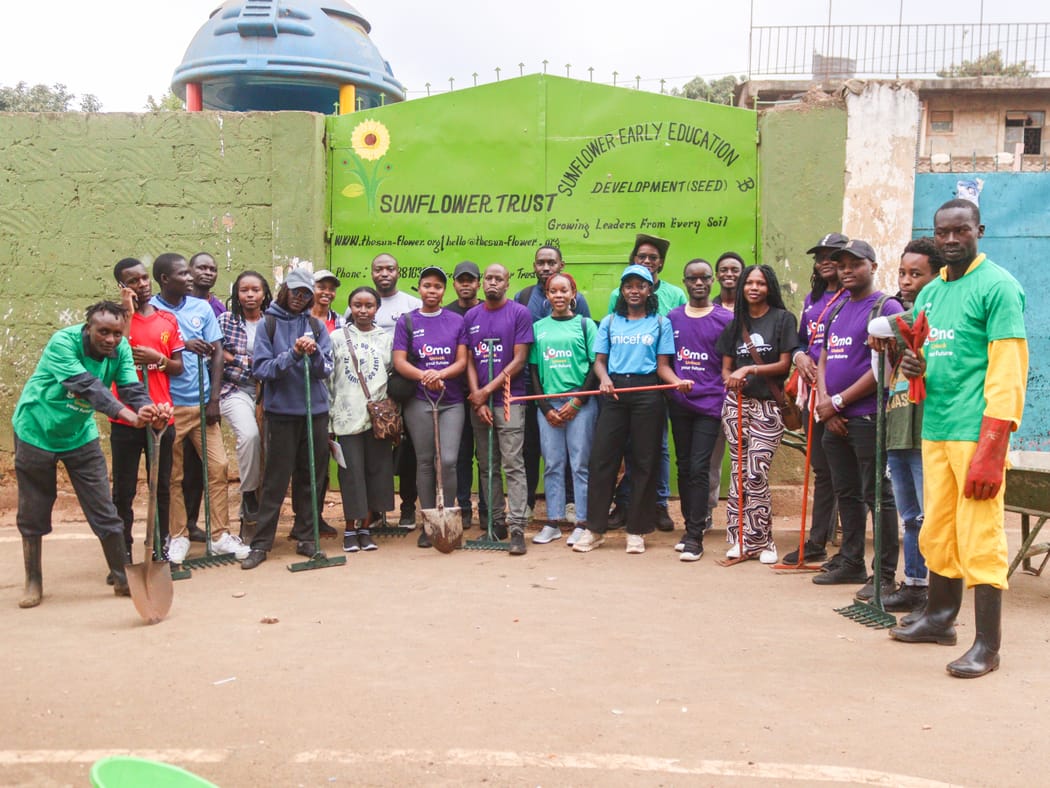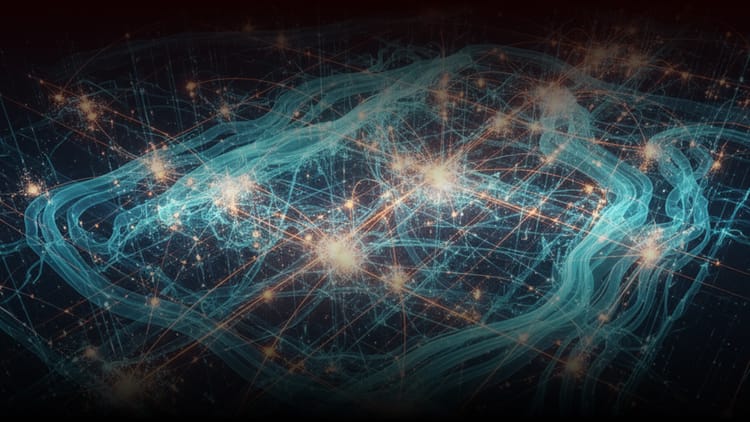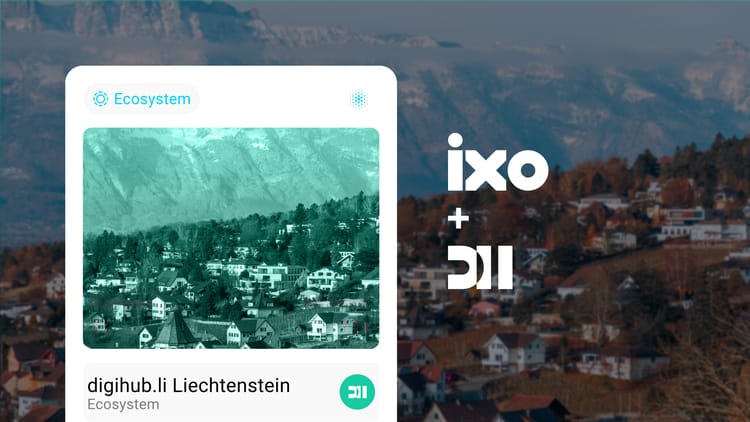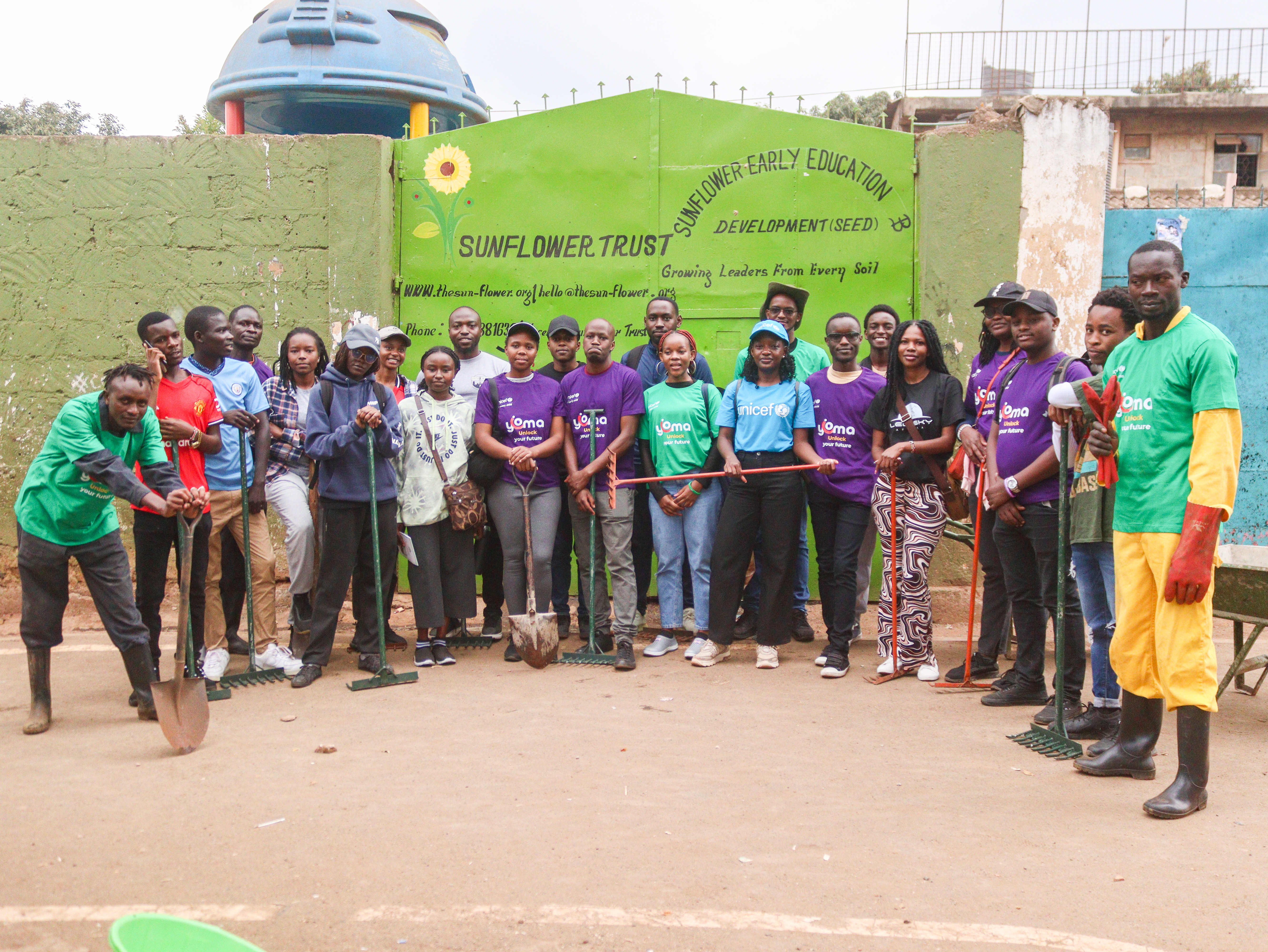
This year, IXO teamed up with Yoma, UNICEF, Generation Unlimited, and the Humanitarian OpenStreetMap Team (HOT) to pilot the Yoma Impacts Exchange - an advanced Web3 platform that coordinates, measures, reports, verifies, finances, and gathers intelligence for youth-led impacts. The platform creates intelligent, decentralised systems that enable youth to engage in sustainable economic development and climate initiatives.
The collaboration focused on Yoma’s learning-to-earning Map and Clean pathway. On 21 September 2025, 2,537 participants across 30 countries joined the effort. Images arrived from Kenya, Sierra Leone, Nigeria, the Democratic Republic of Congo, Malawi, South Africa, Barbados, Haiti, and beyond.
The activity was deeply community-based: teams worked with schools, early childhood development centres, orphanages and neighbourhood groups to clear illegal dumping points and raise awareness about waste.
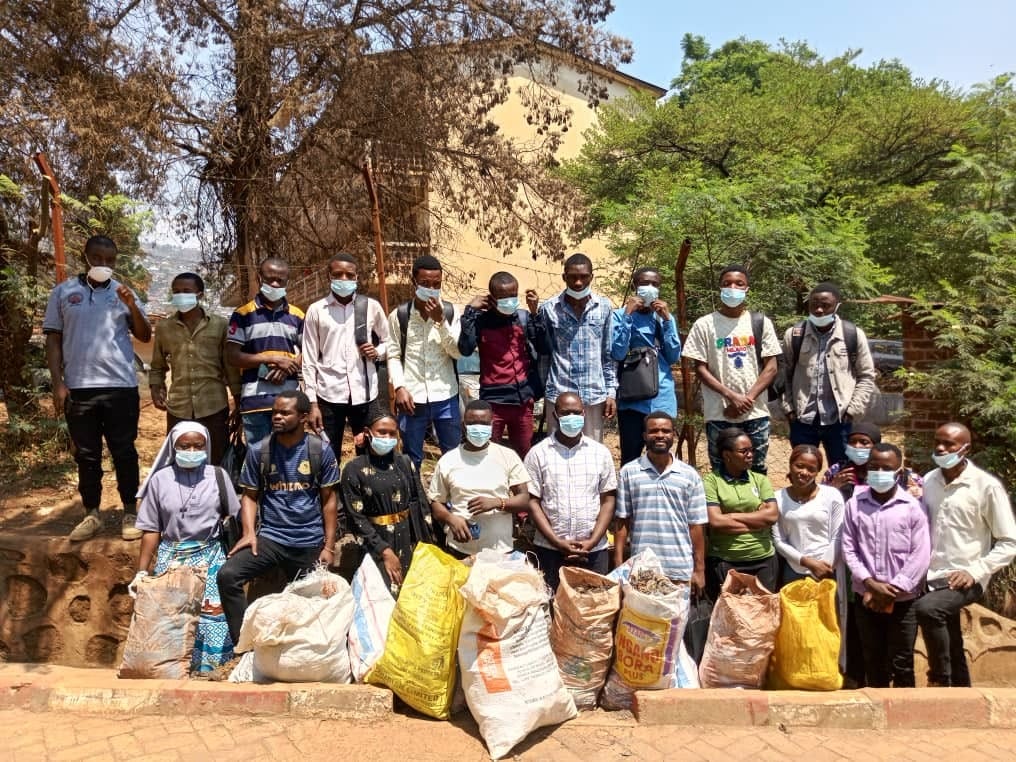
The Mountain of Waste at Our Doorstep
The world now generates around 2.1 billion tonnes of municipal solid waste each year - a figure projected to rise to 3.8 billion tonnes by 2050 (UNEP, 2024). Much of this ends up in sprawling landfills on the edges of cities, hidden yet integral to a global economy built on mass production and consumption. Behind these barriers lie both formal facilities and informal sorting yards where streams of chemical, organic, and mixed waste accumulate.
For most of us, what happens to discarded materials remains invisible. World Cleanup Day challenges that invisibility by exposing waste flows and drawing attention to their scale, while encouraging civic participation. With rapid urbanisation, the challenge is intensifying.
Landfills are reaching capacity, while recycling systems lag behind. Globally, only about 13.5 percent of waste is recycled, and roughly one-third is openly dumped or burned (World Bank, 2018; UNEP, 2024). In Africa, formal recycling rates are estimated at around 4 percent (NEPAD, 2021). In South Africa, less than 10 percent of municipal solid waste is recycled (UNEP, 2024).
Much of the recovery work is carried out by the informal sector - the often-overlooked “recycling heroes and heroines” whose efforts keep materials in circulation. Yet within these challenges lie opportunities: illegal dumping grounds can be reimagined as community gardens, social spaces, small enterprises, and learning hubs.
Realising this vision requires coordinated action from government, business, and civil society to divert waste from landfills and protect ecosystems from rivers to oceans.
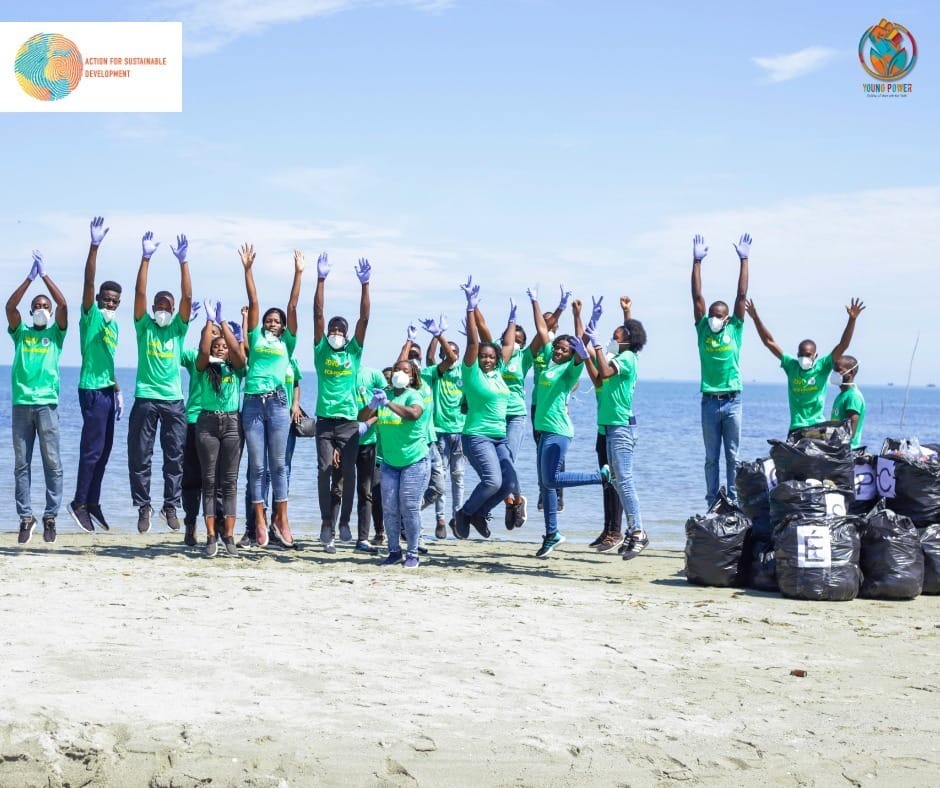
Mapping, Cleaning, and Verifying Together
On World Cleanup Day, participants worked with HOT, UNICEF, and IXO by first completing an open mapping introduction, then using ChatMap to geotag waste sites in their neighbourhoods. After mapping, HOT Chapter Leads coordinated local cleanups at those locations.
The Yoma Impacts Exchange, powered by IXO, was used to register participants, capture evidence, and manage claim reviews. Verification was conducted by Women in GIS, who reviewed submissions through the same portal to ensure that evidence matched real activities.
Some participants shared how small acts and open mapping combine to drive tangible change, in their own words:
“Start where you are, with what you have. Picking up a piece of trash from the ground, choosing a reusable bottle over a plastic one, talking about it with those around you: these are victories. This is how the wave of change begins.” - OSM DRC Kinshasa (2025)
“We were motivated to join the Map & Clean Challenge by our shared commitment to protecting the environment and promoting community-driven action. The challenge offered a platform to combine hands-on cleanup with mapping waste hotspots - raising awareness while creating data that can inspire long-term solutions.” - Empower Women Transitions (EWT) Social Enterprise (2025)
“Joining the Map & Clean Challenge was our way of combining environmental action with digital innovation - not only removing waste, but also creating valuable data that can guide future interventions and build resilience. Local shop owners even closed for hours to ensure the work was completed.” - RootGIS Tanzania (2025)
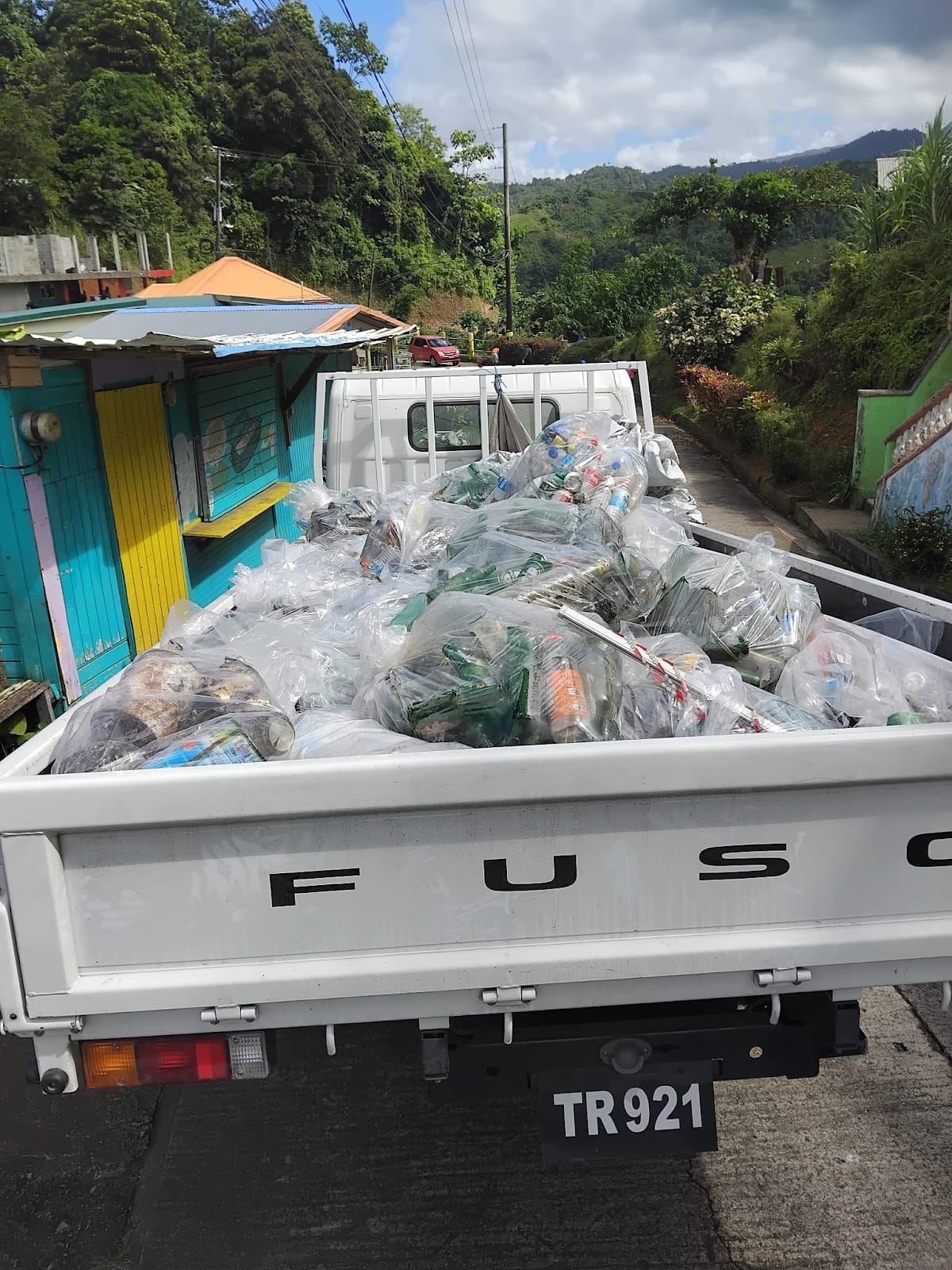
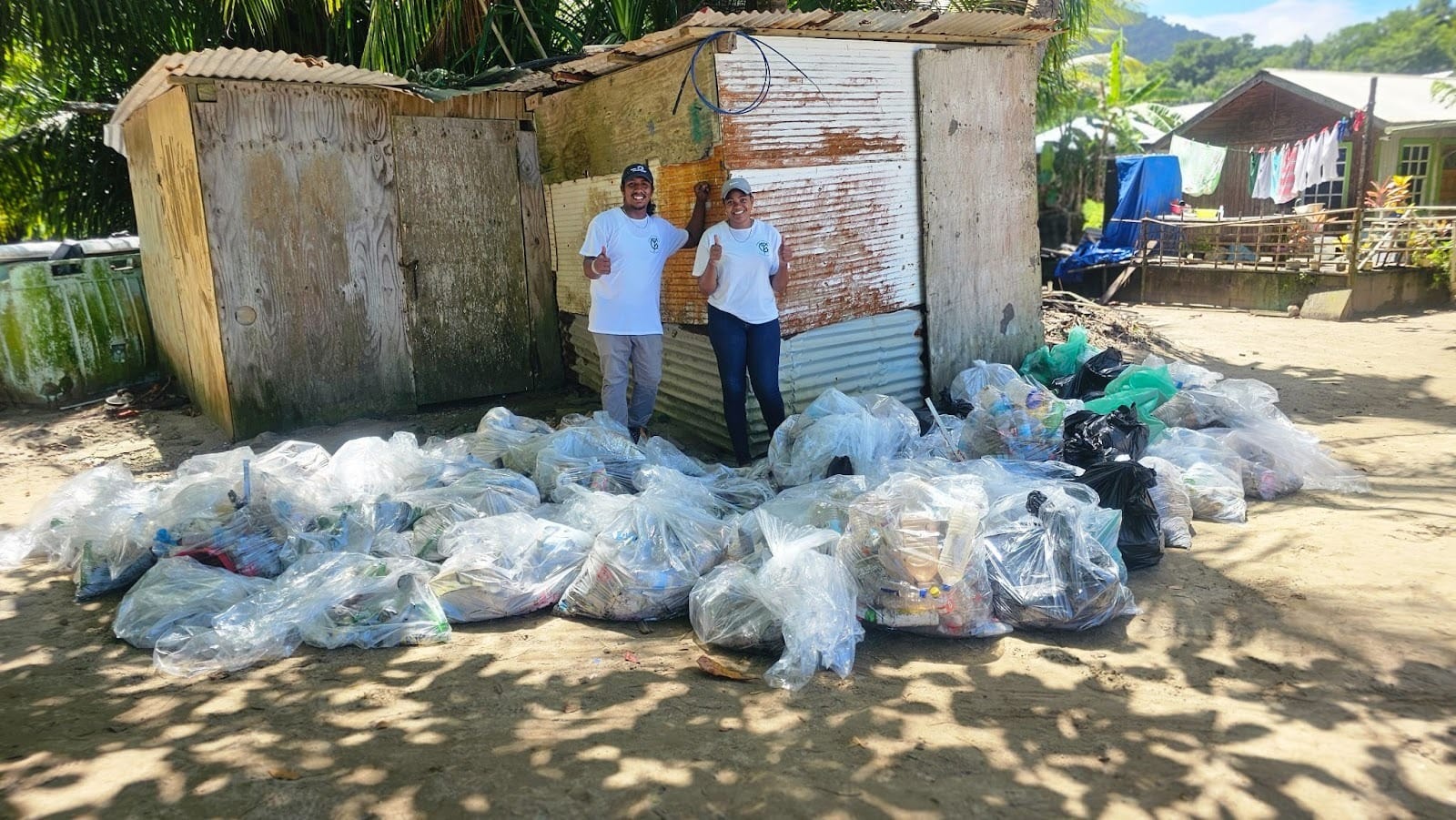
Africa Skills Week 2025
Following the pilot, IXO was invited by UNICEF and Yoma to present at the 2nd African Union Skills Week in Addis Ababa, Ethiopia.
Shawn Alimohammadi, Lead for Youth & the Green Economy at IXO, joined a panel discussion on how the Yoma ecosystem uses Web3 tools to support youth outcomes in social and environmental development. They discussed how these technologies are already being applied on the ground, and how they enable new coordination and financing mechanisms that improve transparency and accountability.
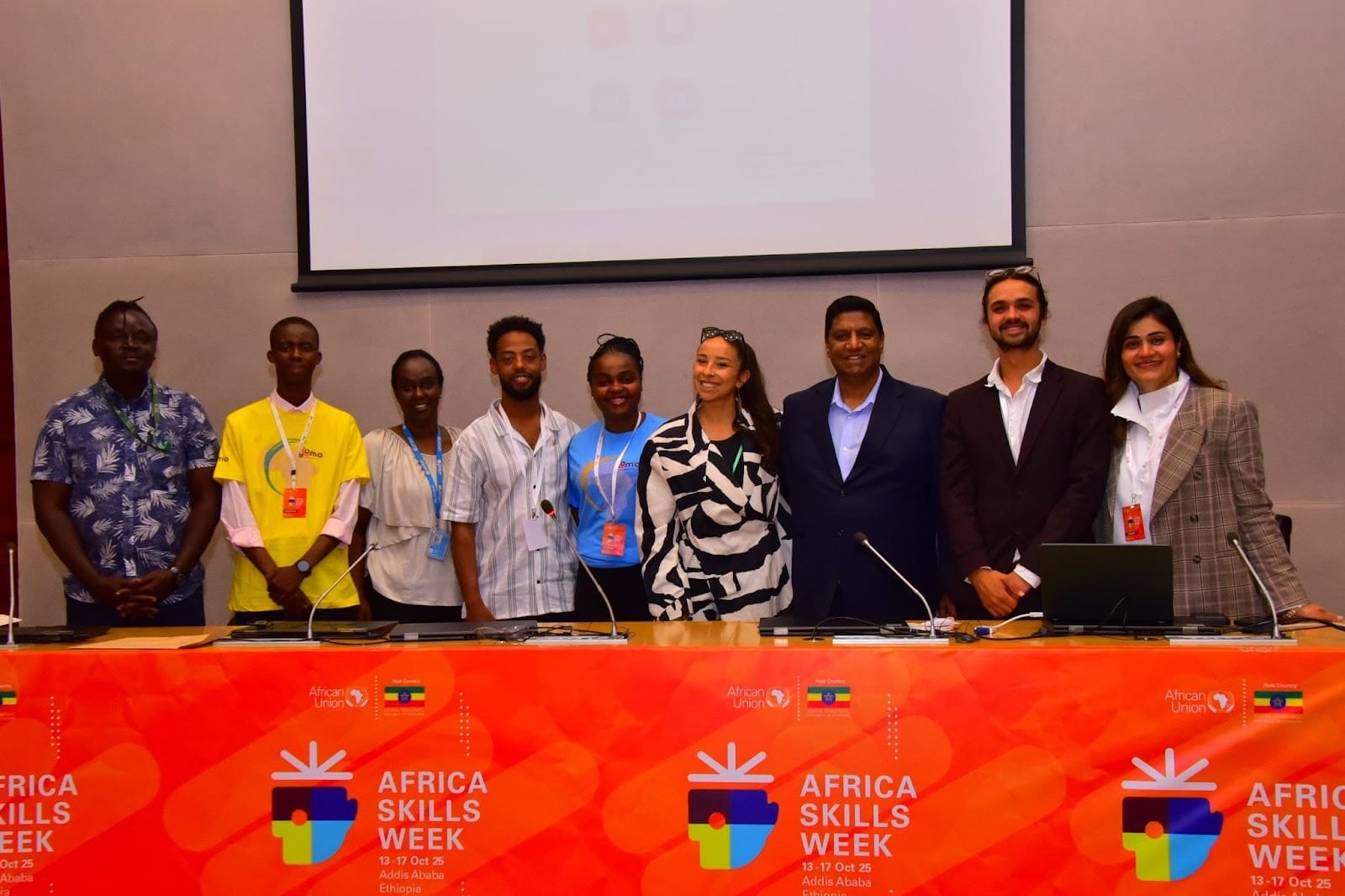
The Emerging Tokenised-Impacts Economy
The tokenised-impacts economy addresses the interconnected challenges of poverty, inequality, and environmental degradation by enabling smarter systems for coordination and incentives.
Returning to the Greek root oikonomía - meaning household management - this economy reframes Earth as our shared household and rewards actions that sustain and regenerate it. Using decentralised measurement, reporting, and verification (dMRV), impact data becomes auditable, portable, and programmable.
Tokenised outcomes translate verified results - such as carbon emissions avoided, water saved, waste diverted, or youth employment achieved - into assets that can be financed, traded, and governed transparently. This alignment between communities, implementers, funders, and policymakers reduces misaligned incentives and channels capital to what demonstrably works.
Conclusion
World Cleanup Day 2025 demonstrated how youth, open mapping, and verifiable data can turn local cleanups into measurable outcomes. The Yoma Impacts Exchange, powered by IXO, provides the foundation for scaling this approach. The next step is to deepen verification across partners and direct results-based finance to projects that deliver proven outcomes.
If you are a youth leader, financier, policymaker, technologist, or activist, there is room to collaborate. Systemic challenges require ecosystemic cooperation. Connect with: shawn@ixo.world
